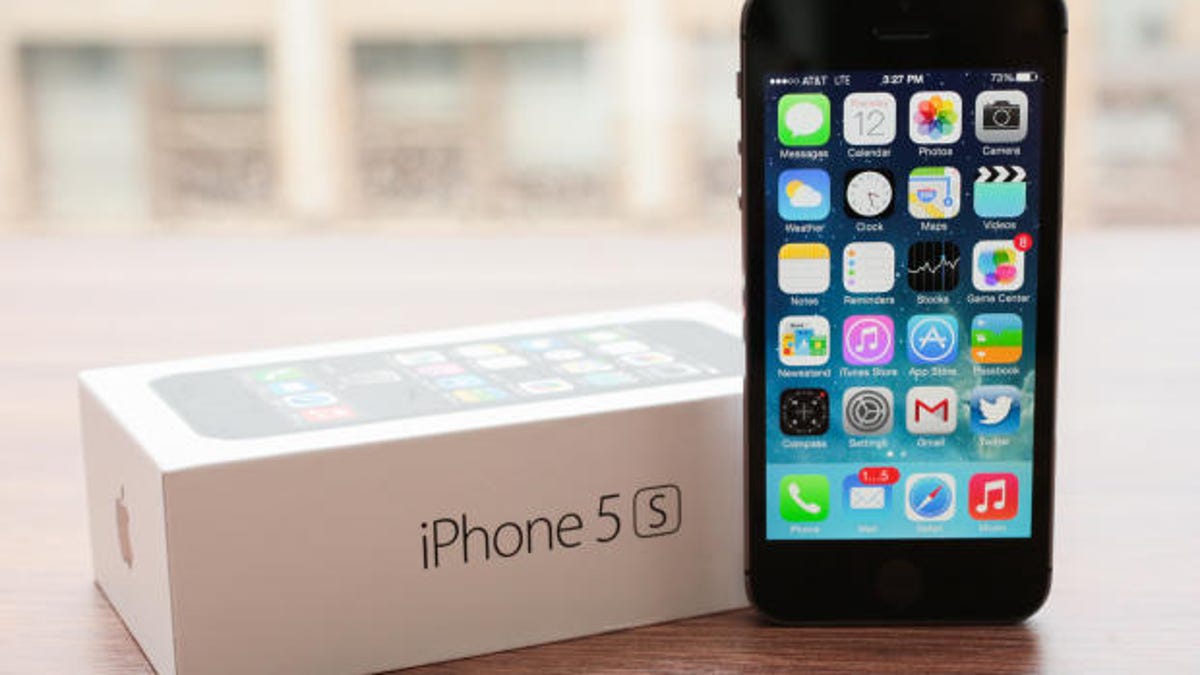Apple's iPhone 'shortfall'? Blame Verizon, AT&T
One analyst calculated that the decline in sales can be attributed to the top two US carriers.

A decline in smartphone sales at Verizon Wireless and AT&T is the primary culprit for iPhone sales that some on Wall Street have deemed disappointing.
That's according to Raymond James analyst Tavis McCourt, who calculated that 80 percent of the shortfall could be attributed to the two larger carriers, which sell the iPhone.
Apple posted record sales of 51 million iPhones in its fiscal first quarter, but Wall Street had expected sales of 55 million, and ultimately punished the stock for the shortfall.
AT&T posted fourth-quarter results on Tuesday, reporting a 22.5 percent decline in smartphone sales from a year ago. The number was a more severe decline than at Verizon, which saw a 10 percent decline in smartphone sales.
"We believe Apple likely held or took share at both carriers as has been the trend through the year," McCourt said in a research note.
If so, Apple likely sold about 12 million iPhones versus 15 million iPhones from a year ago, according to McCourt.
Verizon and AT&T no longer break out iPhone sales, so it's difficult to figure out exactly how many were sold in the fourth quarter. When factoring his projections for growth, McCourt said that AT&T and Verizon likely accounted for 4 million of his estimated 5 million shortfall in iPhone sales.
Pinning the blame on Verizon and AT&T jibes with Apple CEO Tim Cook's comments that the business in North America contracted. He had attributed it largely to supply issues with the iPhone 5S, but many have noted that weaker sales in the iPhone 5C may have also been a factor.
There are a few reasons behind the lower sales, including a stricter stance from both carriers in allowing phone upgrades, with Verizon in particular extending the period before a customer can upgrade to 24 months. In general, both saw slowing growth in new customers.
McCourt said that he expects further declining sales in the US through the March quarter before things stabilize.

